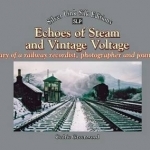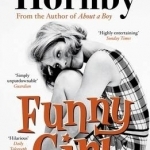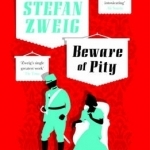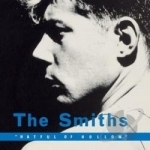
Picture Translator: Photo OCR
Reference and Travel
App
Use your iPhone camera to scan any languages and translate to other languages just with one tap....

Echoes of Steam and Vintage Voltage: Diary of a Railway Recordist, Photographer and Journalist
Book
This is a vivid, contemporary account of the sights and sounds of the last two years of commercial...

Funny Girl
Book
Funny Girl - the latest novel from Nick Hornby, the million-copy bestselling author of About a Boy...

Beware of Pity
Anthea Bell, Stefan Zweig and David Pearson
Book
Stefan's Zweig's Beware of Pity is an almost unbearably tense and powerful tale of unrequited love...
Rick Astley recommended Hatful of Hollow by The Smiths in Music (curated)

Nepali News Pro
News and Lifestyle
App
Read all the news from Nepal in one convenient app. With a clean, no fuss user interface, easily...

Speak to Translate Voice and Text for Language
Reference and Travel
App
Speak Now lets you talk in one language and the app says in another language with identical meaning....

VIPBANKO - Banko Maç İddaa Tahminleri
Sports and Utilities
App
Football Betting Tips Basketball Betting Tips Ice Hockey Betting Tips Nba Betting Tips Free...

2000+ Meat&Poultry Recipes
Food & Drink and Education
App
Looking for meat and poultry recipes free app? YOU'VE FOUND IT!! Here is the list of meat and...

Topo GPS Denmark
Navigation and Sports
App
Makes from your iPhone/iPad a complete GPS device with the detailed topographic map of Denmark....
